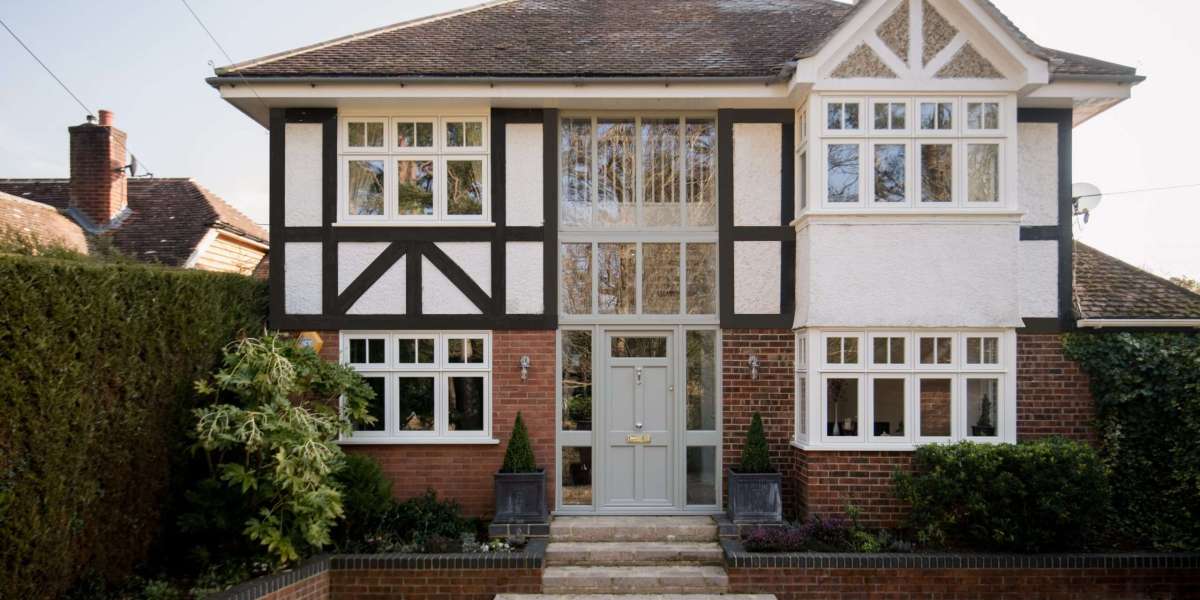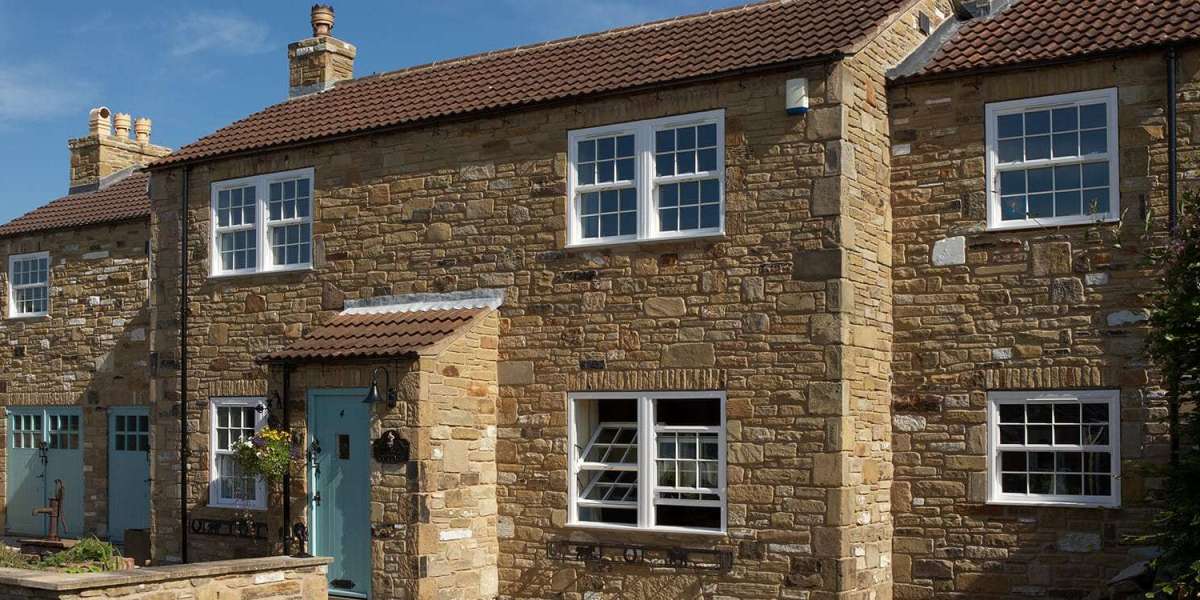Education plays a critical role in shaping future generations. For Muslim families in the UK, the availability of Islamic schools in UK provides reassurance that their children can achieve academic success while remaining firmly rooted in their Islamic identity. Over the years, Islamic schools in the UK have grown in number, diversity, and reputation, offering a wide variety of options across primary, secondary, and grammar school levels.
The Rise of Islamic Schools in the UK
The growth of Islamic schools reflects the needs of the UK’s Muslim population, which is one of the largest in Europe. Parents increasingly sought schools where faith and education could be balanced, leading to the establishment of institutions that combine Islamic values with the National Curriculum.
These schools are regulated by Ofsted, ensuring that they meet national education standards while also catering to the religious and cultural needs of Muslim families.
Academic Excellence and Islamic Values
Islamic schools in the UK aim to create well-rounded students. Their curricula typically include:
Core subjects: Maths, English, Science, Humanities.
Languages: Arabic and sometimes Urdu.
Islamic Studies: Qur’an memorisation, Hadith, Fiqh, and Seerah.
This blend ensures students are academically competitive while also spiritually enriched. Many Islamic schools perform strongly in national examinations, proving that faith-based education does not come at the expense of academic achievement.
Examples of Prominent Islamic Schools in the UK
Manchester Islamic Grammar School for Girls (MIGSG) – A high-performing school known for its strong GCSE results and emphasis on Islamic values.
KD Grammar School for Boys, Manchester – Renowned for its focus on discipline, Qur’an studies, and academic excellence.
London Islamic Schools – Including Islamia Secondary School and Jameah Girls Academy, which serve diverse communities.
Benefits of Islamic Schools
Safe Environment: Students learn in an atmosphere where modesty, respect, and faith are prioritised.
Role Models: Teachers not only teach but also act as Islamic role models.
Community Integration: Many schools are actively involved in charity projects, interfaith dialogues, and community events.
Identity and Confidence: Students can grow in their Muslim identity while excelling in mainstream society.
Challenges Faced
Like all schools, Islamic schools face challenges such as funding, balancing faith with government standards, and managing cultural diversity within the Muslim community. However, many have overcome these issues and are thriving as respected educational institutions.
Conclusion
Islamic schools in the UK play a pivotal role in nurturing confident, well-educated, and spiritually conscious individuals. They bridge the gap between academic achievement and Islamic identity, giving young Muslims the tools they need to contribute positively to British society. For parents seeking an education that respects both faith and excellence, Islamic schools across the UK stand as a strong choice.














